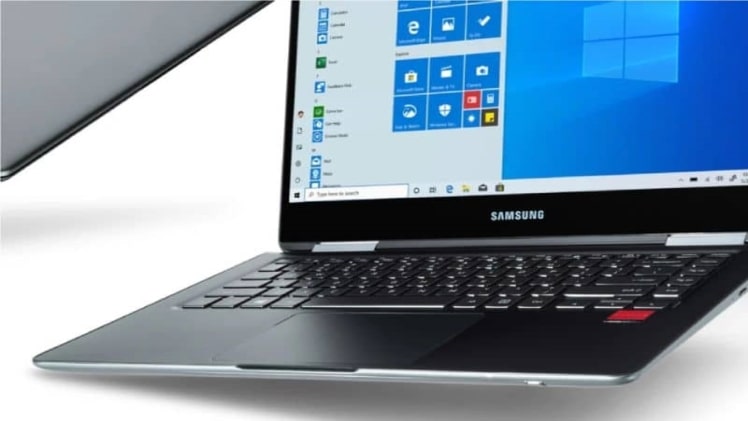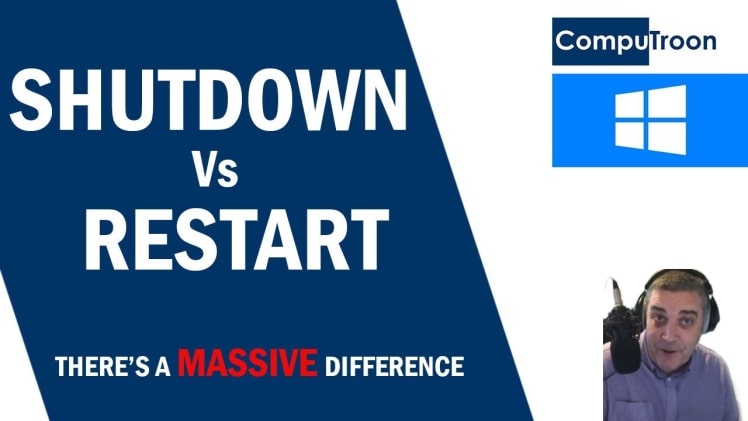What is a Residential Proxy Server and How Does it Work?

What is a Residential Proxy Server?
A residential proxy server is a type of internet proxy that uses an IP address that is associated with a physical location. This is in contrast to traditional proxy servers, which use datacenter IP addresses that are not tied to a specific location. The use of a residential IP address makes it more difficult for websites and servers to detect and block the proxy, as it appears to be a legitimate user accessing the site from a residential internet connection.
Cases and Types of Use Residential Proxy
Residential proxy servers are often used for tasks that require a high level of anonymity, such as web scraping, SEO analysis, and online market research. They can also be used to bypass geographic restrictions on content and to protect against cyber threats such as DDoS attacks.
There are two main types of residential proxy servers: static and rotating. A static residential proxy uses the same IP address for all of its connections, which can be useful for tasks that require a consistent IP address. A rotating residential proxy, on the other hand, uses a different IP address for each connection, which can be useful for tasks that require a high level of anonymity.
More info about the Basic White Gi
Benefits of Using a Resident Proxy Server
One of the main benefits of using a residential proxy server is that it is more difficult to detect and block than a traditional proxy server. This is because the IP address used by the proxy appears to be a normal residential IP address, rather than a datacenter IP address that is commonly associated with proxy servers. As a result, website administrators are less likely to detect and block the proxy, allowing it to access the site without interference.
Another benefit of residential proxy servers is their ability to protect against DDoS attacks. A DDoS attack is a type of cyber attack that involves flooding a website or server with traffic in order to disrupt its normal operation. By using a residential proxy server, the traffic can be distributed across a large number of IP addresses, making it much more difficult for the attacker to disrupt the website or server.
How to Choose the Best Resident Proxy for Your Needs?
Choosing a residential proxy is not an easy task. There are many providers, for example https://proxy-seller.com/, and each one of them has their own features and benefits.
It is important to know what you need before you start looking for a residential proxy service. You need to consider the type of content that you are going to be using, the volume of traffic that your site will have and the location of your target audience. Visit here for more descriptions of Buzzfeed Food Quiz
Residential proxies reviews can help you choose the best service for your needs. They will provide information about pricing, features, performance and reliability of different providers on the market.
In summary, a residential proxy server is a type of internet proxy that uses an IP address associated with a physical location. It is more difficult to detect and block than a traditional proxy server and is often used for tasks that require a high level of anonymity. It can also help to protect against DDoS attacks by distributing traffic across a large number of IP addresses.




